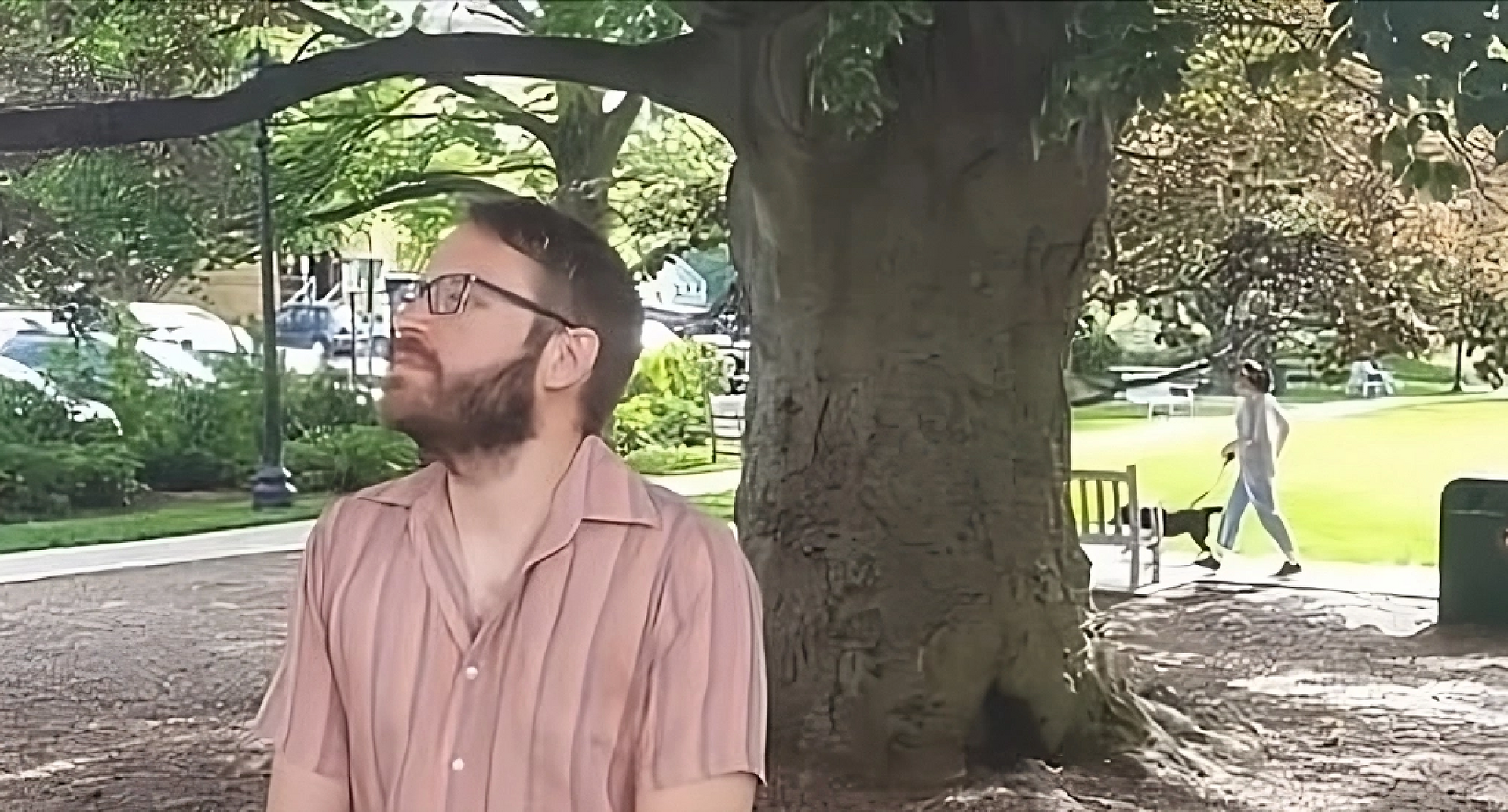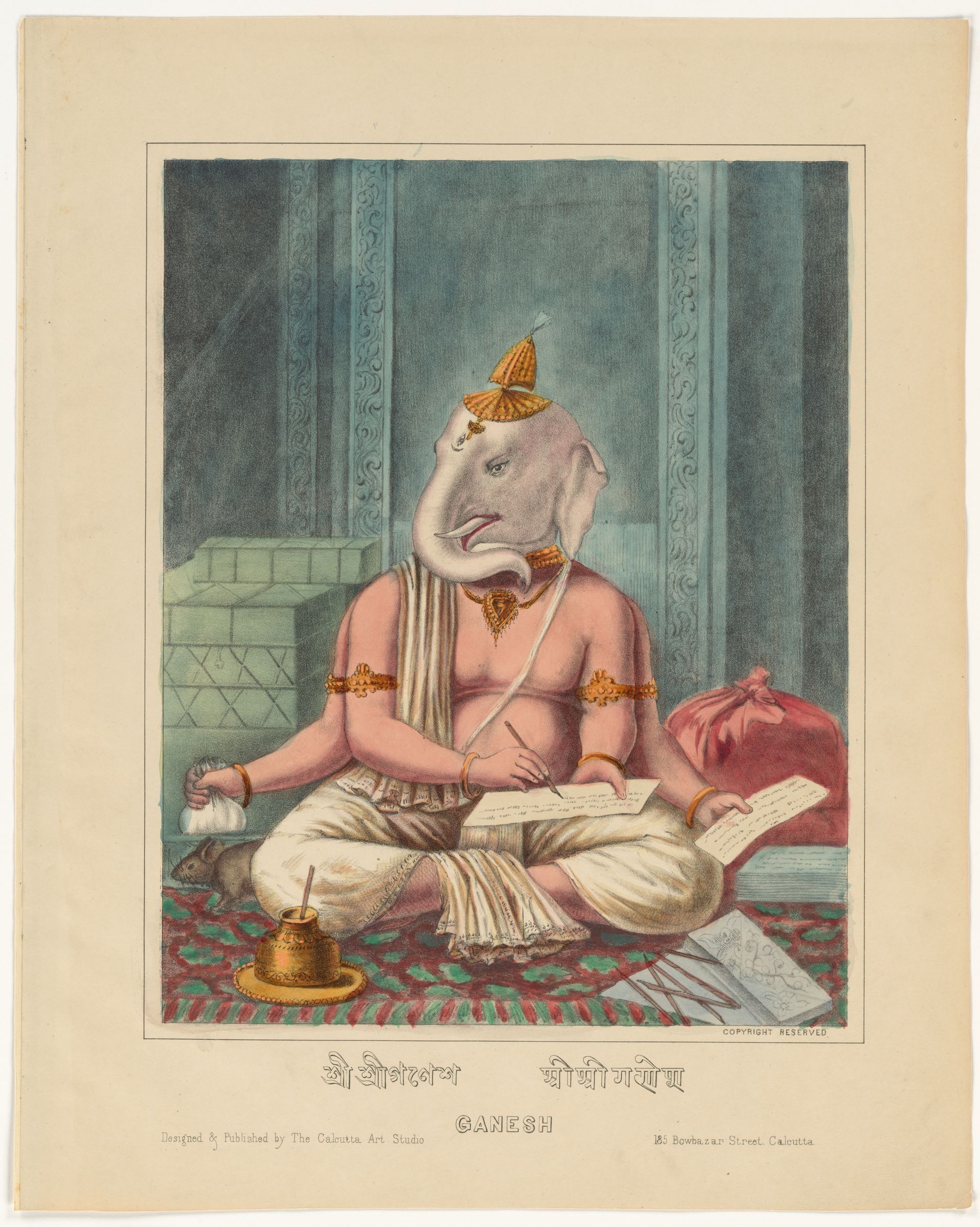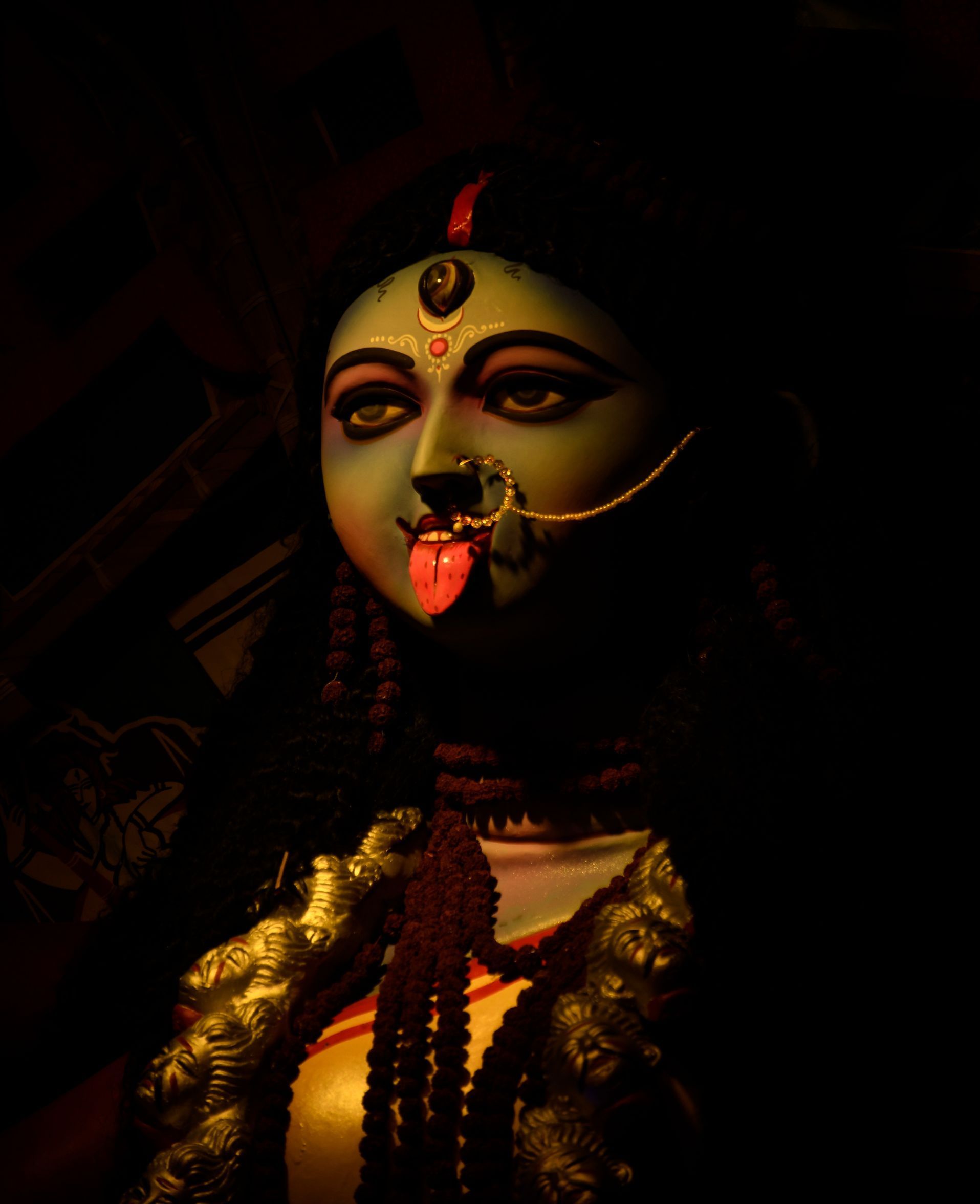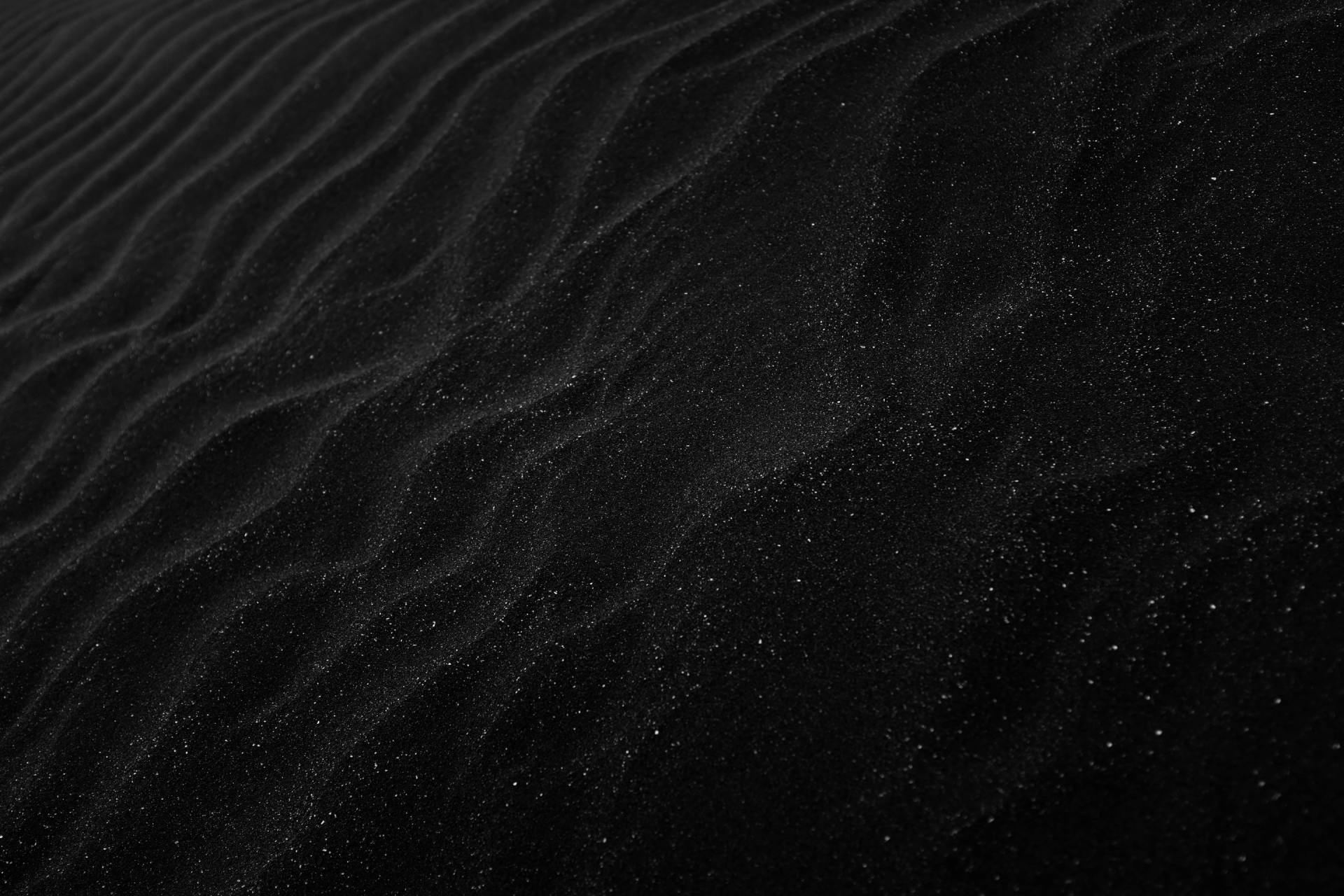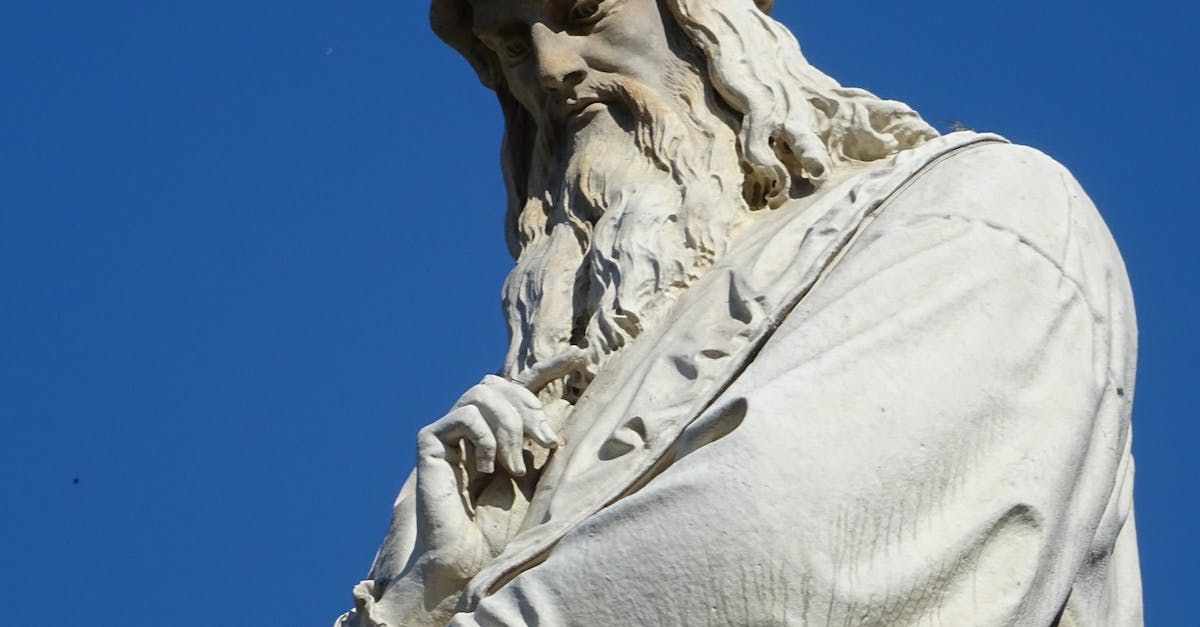SOPHIA | Gelassenheit, the Planet & Heidegger
POLISHER OF LENSES (PHILOSOPHY)
Updated Oct. 10, 2021
"We can only lose, or as the phrase goes, get loose from that which we knowingly or unknowingly possess."
Martin Heidegger, Discourse on thinking, Memorial address
Conradin Kreutzer's 100th anniversary (1955)
Detachment Gelassenheit
- Synonym: equanimity
- In German: Gelassenheit, which also means phlegm, inner peace ("innere Ruhe")
- Semantic proximity in English: stillness, poise
- Phonetic proximity in French: détachement, délaissement
“The night is the time to rescue the past divine and hide the coming gods. The night in such rescuing and hiding nights is not nought, so it also contains its own broad clarity, and the stillness of the silent preparation for the ones to come.”
If you love Heidegger, German, opera, and want to practice your reading, feeling, and comprehension skills,
List of Services
-
Discourse on thinking (Gelassenheit)Read "Gelassenheit" (in English) List Item 1
A rather short read you will be forced to read slowly anyway because it describes how we think in our time.
-
AndenkenRead "Andenken" (auf Deutsch)
If you are a Poet and you have been asked many times what Poetry is, and you read a poem, sung a song or chanted a Mantra wholeheartedly and, still the person didn't get it, give him/her a translation of Andeken or the actual text in German.
This will strike a chord in him, he'll feel the beauty of being a Poet and will come back so you can teach him how to be like Hölderlin and Heidegger reunited. Or he will not come back. In either case, Serenity.
-
A footage of Martin HeideggerWatch
This 15-minute explanation is simple, visionary and may cause you to close your Twitter account and reflect on your being-in-the-world and the Poet dormant in you.
-
Conradin KreutzerListen to "Das Mühlrad op. 72"
Conradin Kreutzer (1780) is a piano virtuoso, music critic and inventor of the pan melodicon (an instrument close to the harmonica). He was born near Messkirch, Heidegger's hometown, in The Black Forest (Germany).
Kreutzer was prolific, both in music and in epistolary literature, since he maintained a lively correspondence with artists, poets, and crowned heads of his time, including King Frederick I, for example.
Although he became famous in America for his male choirs, the warm, delicate and a bit keyed up interpretation {R} chooses to share with you is feminine.
Shelly Ezra plays clarinet; Makiko Asahi, fortepiano, and Baiba Urka is the wren chanelling emotion.
A beauty.
Comment this article!
One rule: Be courteous and relevant. Thank you!
Revue {R}évolution
